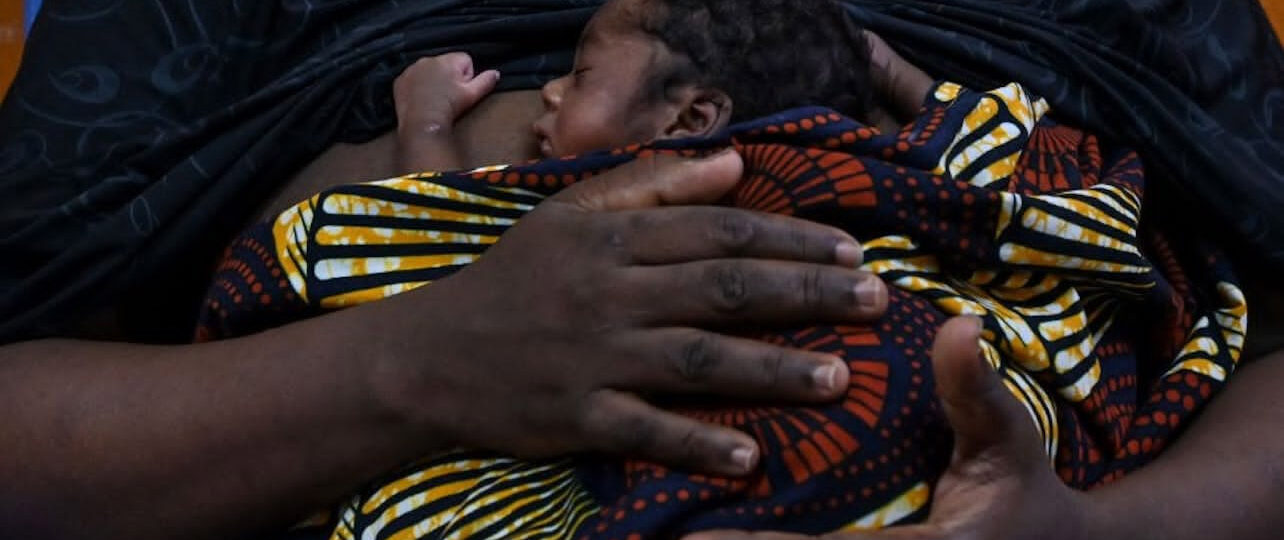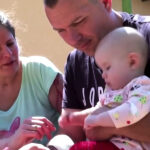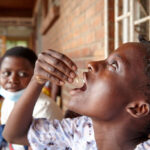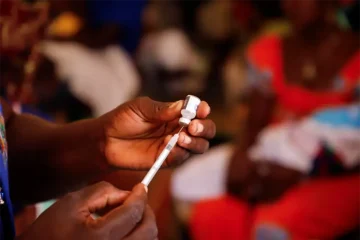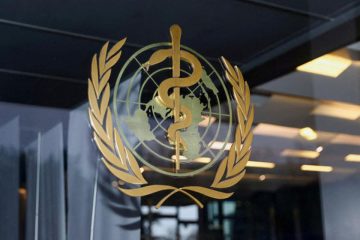WORLDWIDE in 2020 a baby died every 40 seconds because of complications of prematurity. Preterm birth is the leading cause of death among children under 5 years old.
The burden of preterm birth is heavier in in low- and middle-income countries, where around 80% occur. The countries with the highest recorded preterm rates in Africa are Malawi, South Africa, Ethiopia, the Democratic Republic of Congo and Botswana. In Ethiopia 12.9% of babies were born preterm in 2020. In Nigeria the figure was 9.9%.


Preterm birth occurs when a baby is born before 37 weeks gestation. Preterm babies are more at risk of severe neurological problems, like cerebral palsy, poor lung function and long-term problems with their guts. But around 95% of babies born preterm are born after 28 weeks. They often survive with relatively less complex medical interventions.
Given the scale of the problem, the preterm birth committee of the International Federation of Gynaecology and Obstetrics selected five key interventions known to save lives.
We co-authored a recent paper in which we discussed the five measures. Many other interventions may improve outcomes at the time of labour and after preterm birth. However, the five selected are clinically effective and relatively inexpensive options that can be practised in most settings.
Five interventions
The five interventions are:
1.) Giving a course of steroids before the baby is born. This triggers changes in the baby’s lungs, allowing them to expand, and so makes breathing easier. Additionally, it reduces the risk of brain bleeds, bowel complications and death.
A study run by the World Health Organization in low- and middle-income countries estimated 370,000 babies could be saved each year if steroids were administered.
The drug is on the WHO List of Essential Medications. It is relatively easy to administer and carries a low risk of causing the mother any problems. It is also heat stable and does not require refrigeration, which is very important for environments where electricity is in short supply.
2.) Mothers can be given magnesium sulphate soon before delivery. This is known to stabilise cell membranes in the baby. This protects neurons and therefore reduces brain damage. Magnesium sulphate given to a mother in preterm labour can be lifesaving.
This drug is also on the WHO List of Essential Medications and appropriate for low-income environments.
3.) Delayed cord clamping for at least a minute postnatally at delivery.
When a baby is born their umbilical cord is clamped and then cut. However, a delay of around a minute before clamping is associated with a reduction in neonatal death. It also reduces the need for medications to support blood pressure in the baby – something that cannot be offered outside highly specialist medical facilities.
4.) Encouraging breastfeeding within one hour of delivery.
Breastfeeding is particularly beneficial for premature babies, reducing the risks of serious complications of prematurity like severe infection or a serious bowel condition called necrotising enterocolitis that often requires surgery as a lifesaving measure.
5.) Strongly encouraging immediate “kangaroo care”.
Kangaroo care involves a baby being placed skin-to-skin on the chest of its mother or another family member for extended periods of time – at least eight hours a day, but for as long as possible.
Premature babies are very prone to getting very cold. Kangaroo care reduces the risk of death. This has been found to be the case even if there aren’t other options to stabilise the baby.
Kangaroo care also reduces the risk of infection and improves rates of breastfeeding.
Beyond the benefits for the baby, both kangaroo care and breastfeeding play an important part in involving parents in the care of their infant, and in reducing rates of maternal postnatal depression.
The risk of postnatal depression is known to be higher following a preterm birth.
Looking to the future
All these interventions have a track record of being effective in low- and middle-income settings. But there has been no coordinated effort to make them better known worldwide.
Using multimedia and other training methods, the FIGO PremPrep-5 initiative provides initial training to national obstetrics and gynaecology societies so that they can pass on the skills to other professionals.
- This article is republished from The Conversation under a Creative Commons license. Read the original article.

